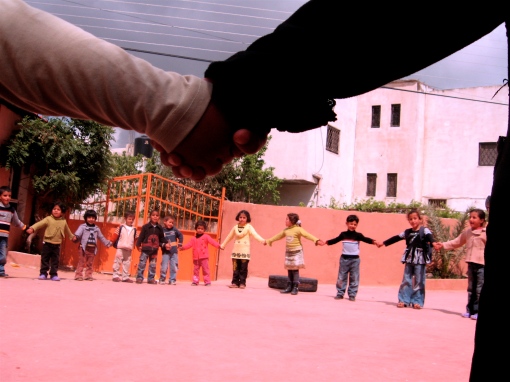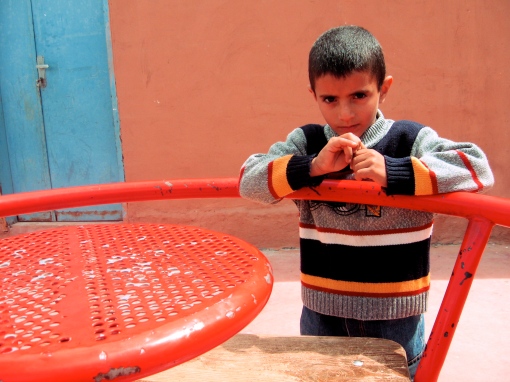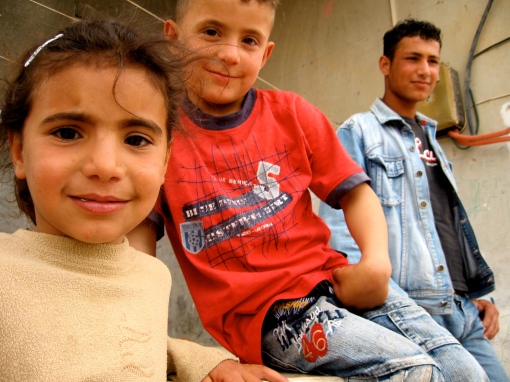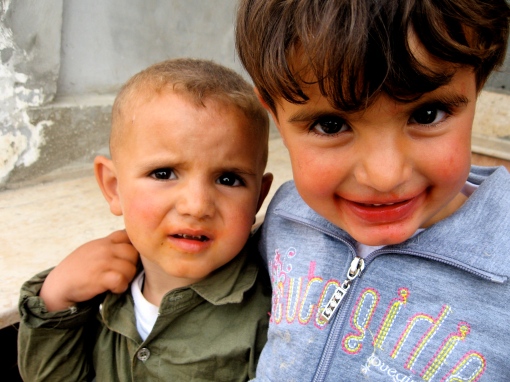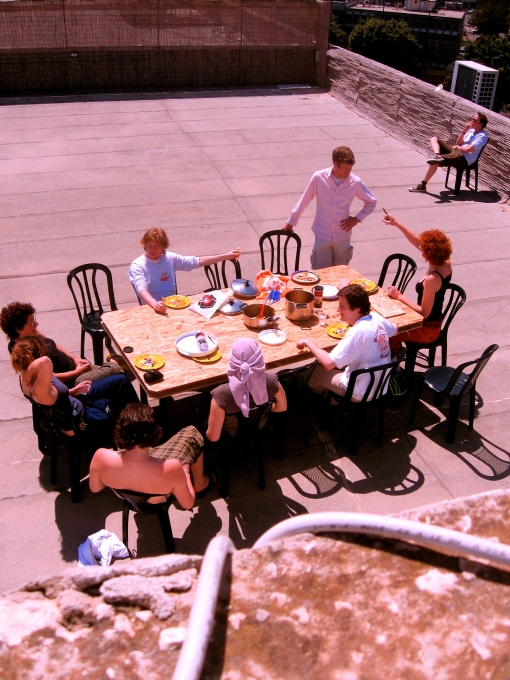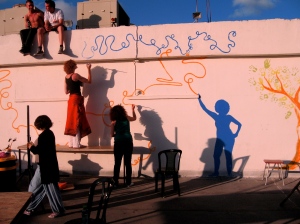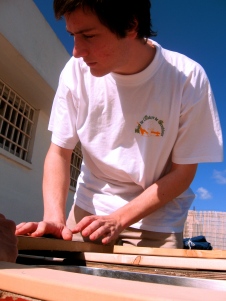In the desert..
At one of the world’s most beautiful places is a town. Less than a town it is a village. Ugly apartments and a gas station are in strong contrast with the biggest Maktesh crater in the world. In the middle of the Negev is where you find Mitzpe Ramon. 4000 people from all over the world live together in this forgotten place.
I am here for a project. And as the days pass by I discover the treasures. In big hangars, in small side streets, behind the second hill is where there is a chocolate bar, and a dance school, huts for retreat, an alpaca farm, a soap factory and more. Strong and visionary people that were attracted to the emptiness, the silence and the challenge of the area. Every morning again they wake up, clean their place to wait for customers.
Others came here involuntary. When they arrived to Israel they were put on a bus and dropped in Mitzpe Ramon in the middle of the night. They came from Russia and Chicago and didn’t find anything to appreciate in the desert. No culture, no jobs, nothing for the future of their children. They would leave yesterday if they had the money for it.
Around the village are other houses, sheds sometimes. Bedouins live there in between their traditional nomad way of living and the modern life with TV’s, houses and jobs. In search for their new identity they have been in a struggle with the government for the past 60 years. They hold the secrets of nature and survival but are a threat to the system.
My job is to go round and interview all these different people about their visions. How can eco tourism and social tourism contribute to a better life for all? How can a sleepy desert town realize its potential and become attractive for tourists again?


